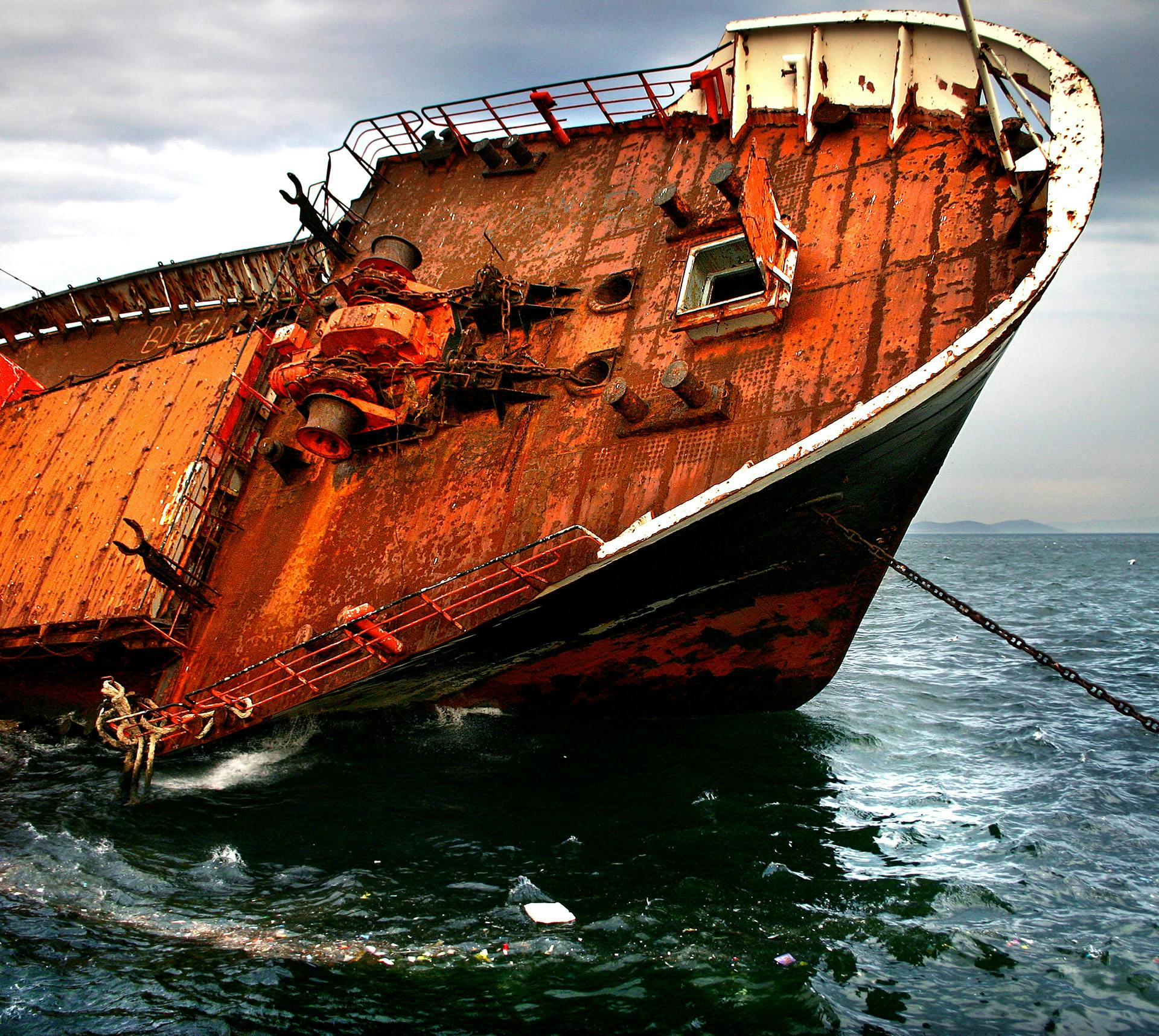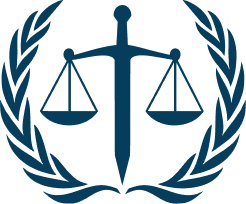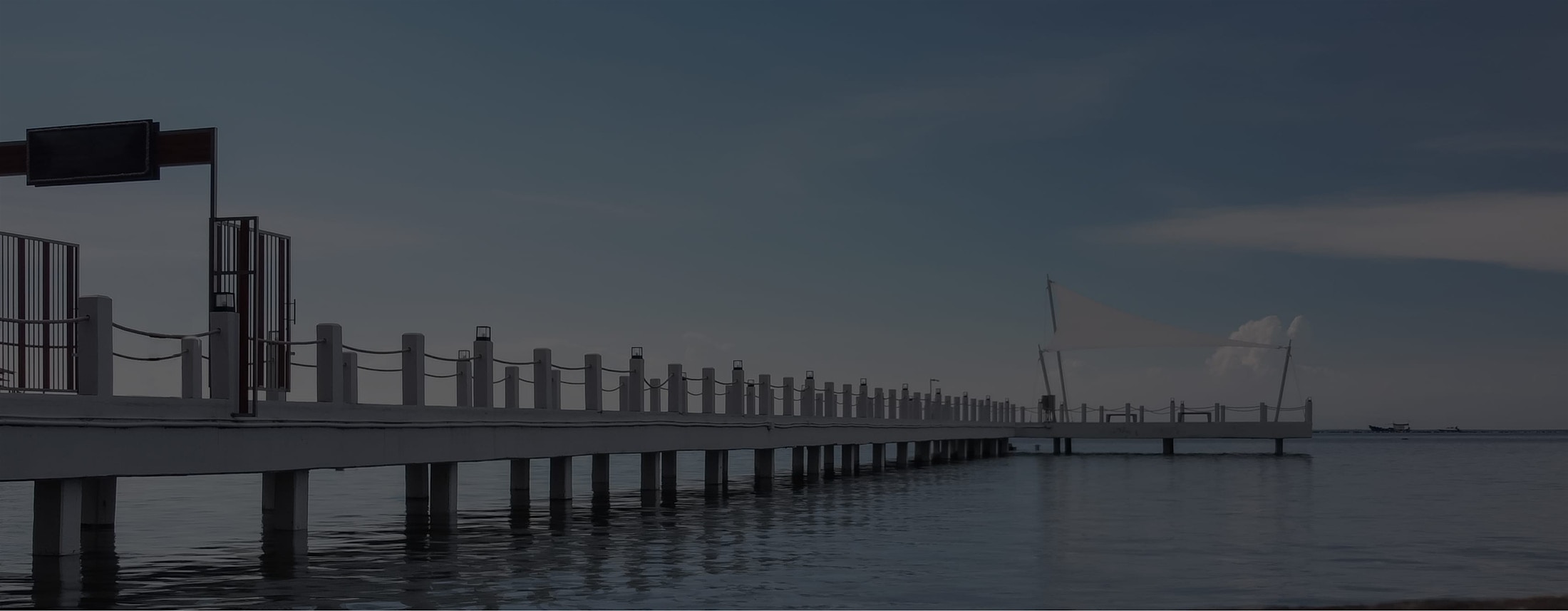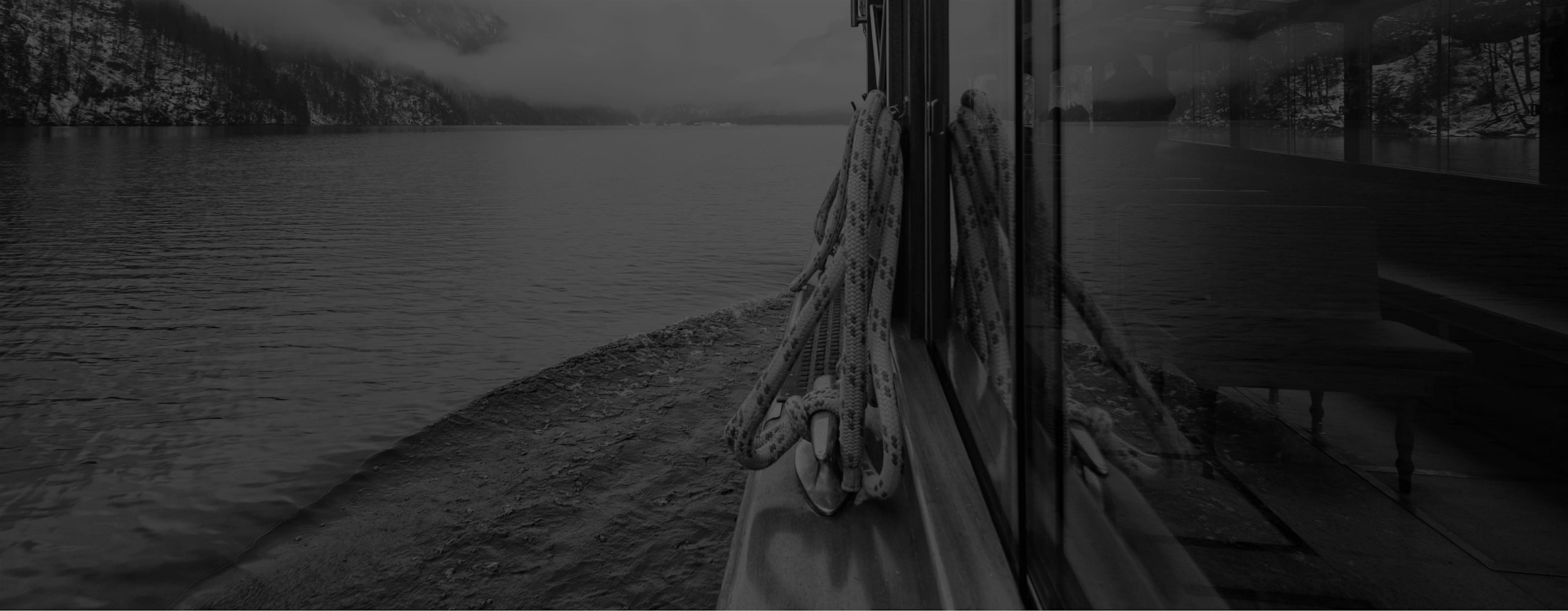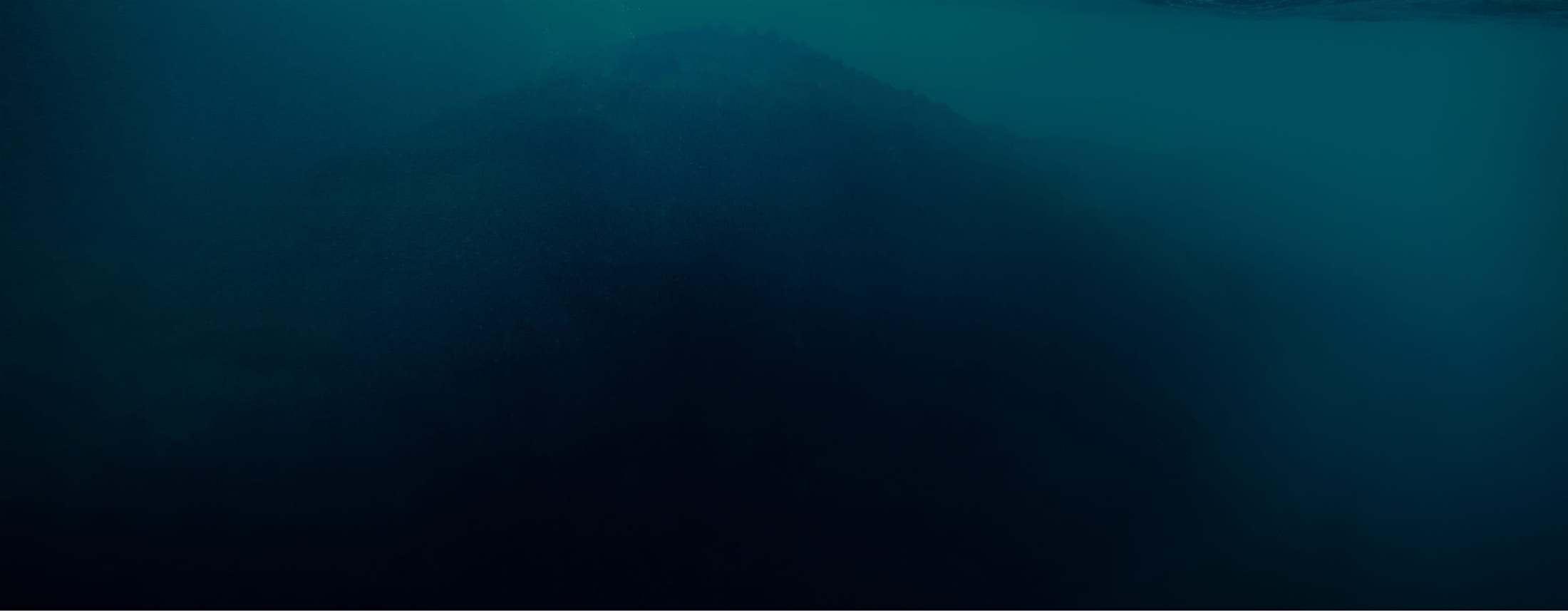Liability Under Death On The High Seas Act (“DOHSA”)
Liability under DOHSA may be based upon negligence, unseaworthiness if the decedent was a seaman, intentional conduct and strict or products liability. This Act applies to all decedents no matter if they are maritime workers or non-maritime workers, for example the death of a cruise ship passenger depending upon where the vessel is at the time of the acts giving rise to the death. Only the personal representative of the deceased individual can bring a DOHSA action, and that action is pursued on behalf of, or for the benefit of, the decedent’s spouse, child(ren), parents or other financially dependent relatives.

